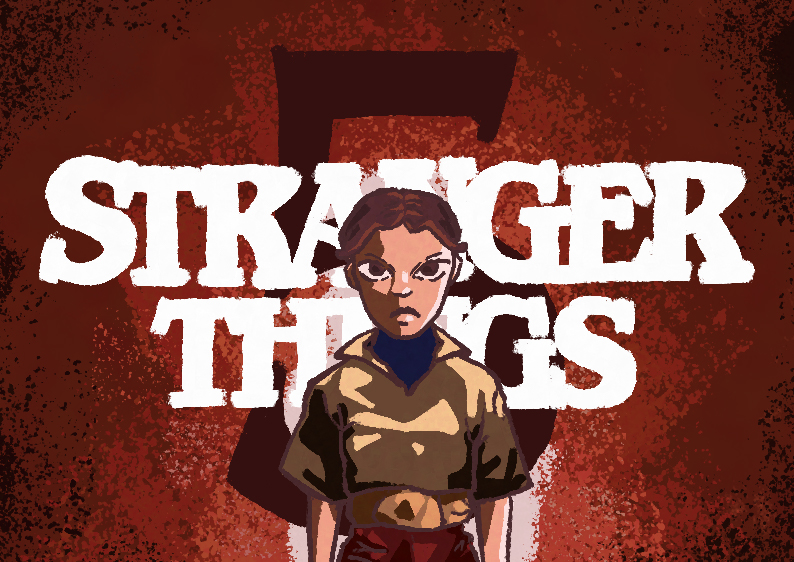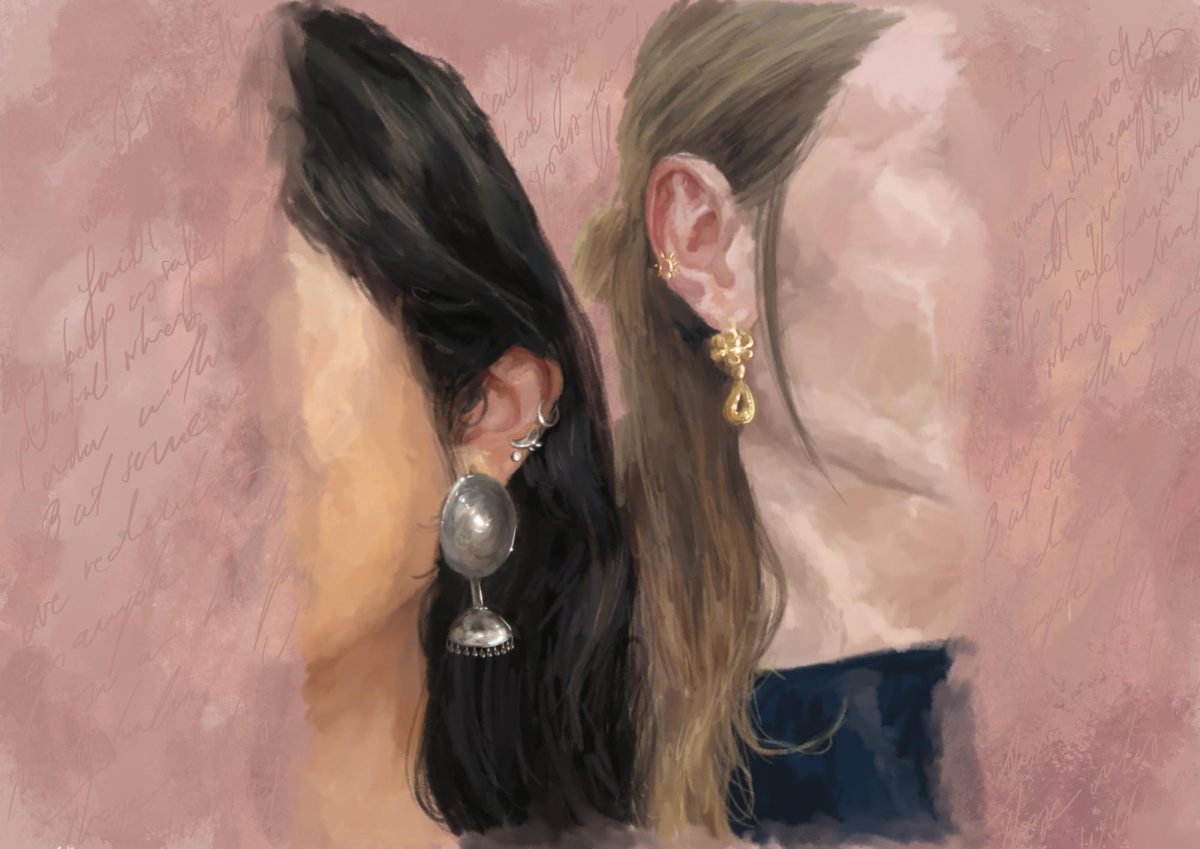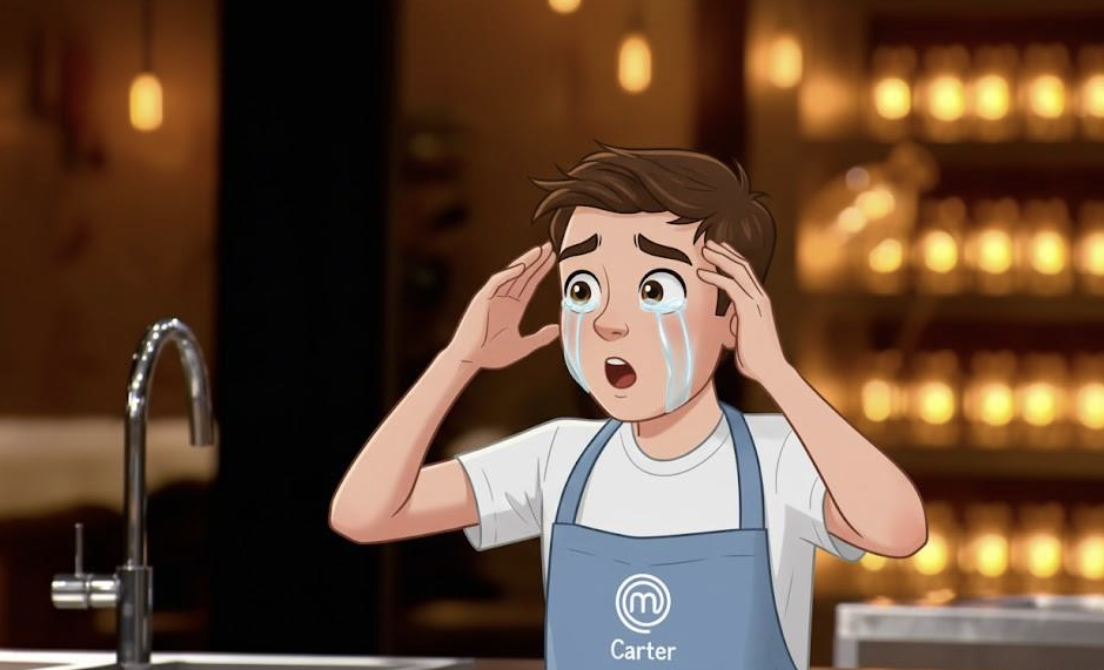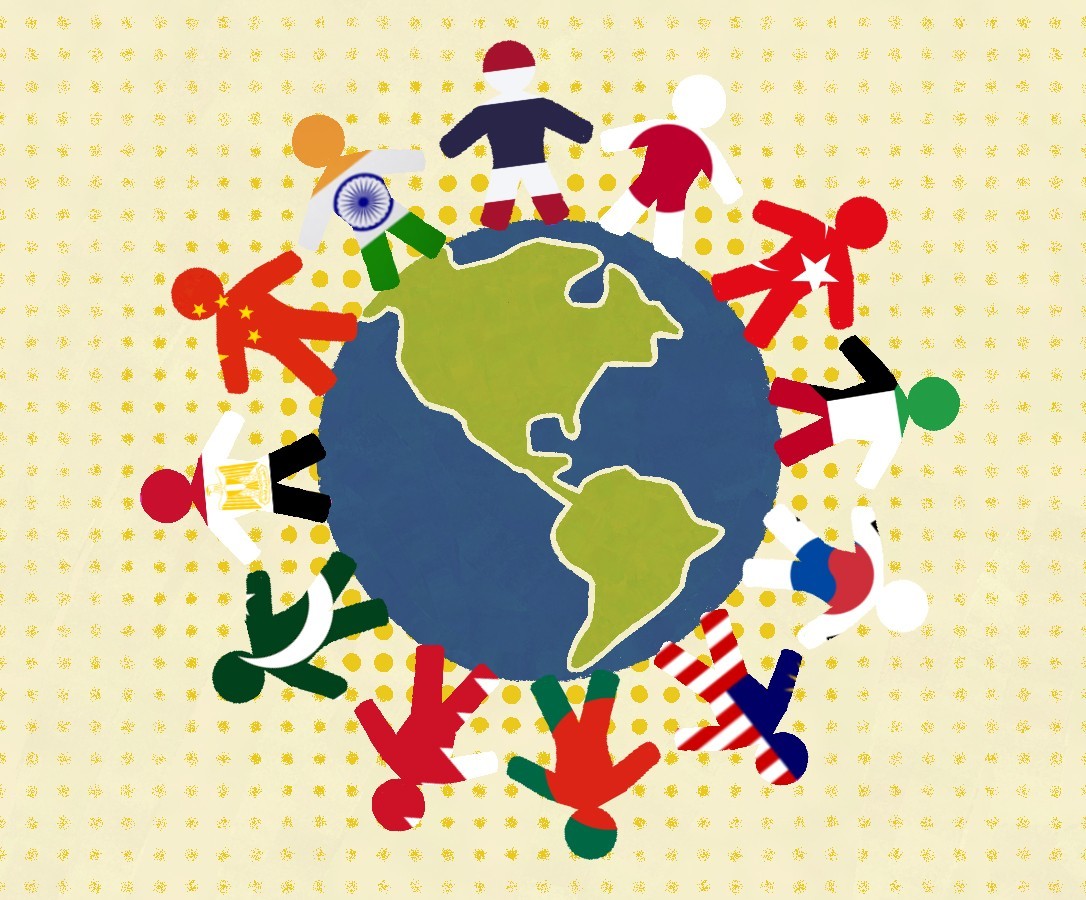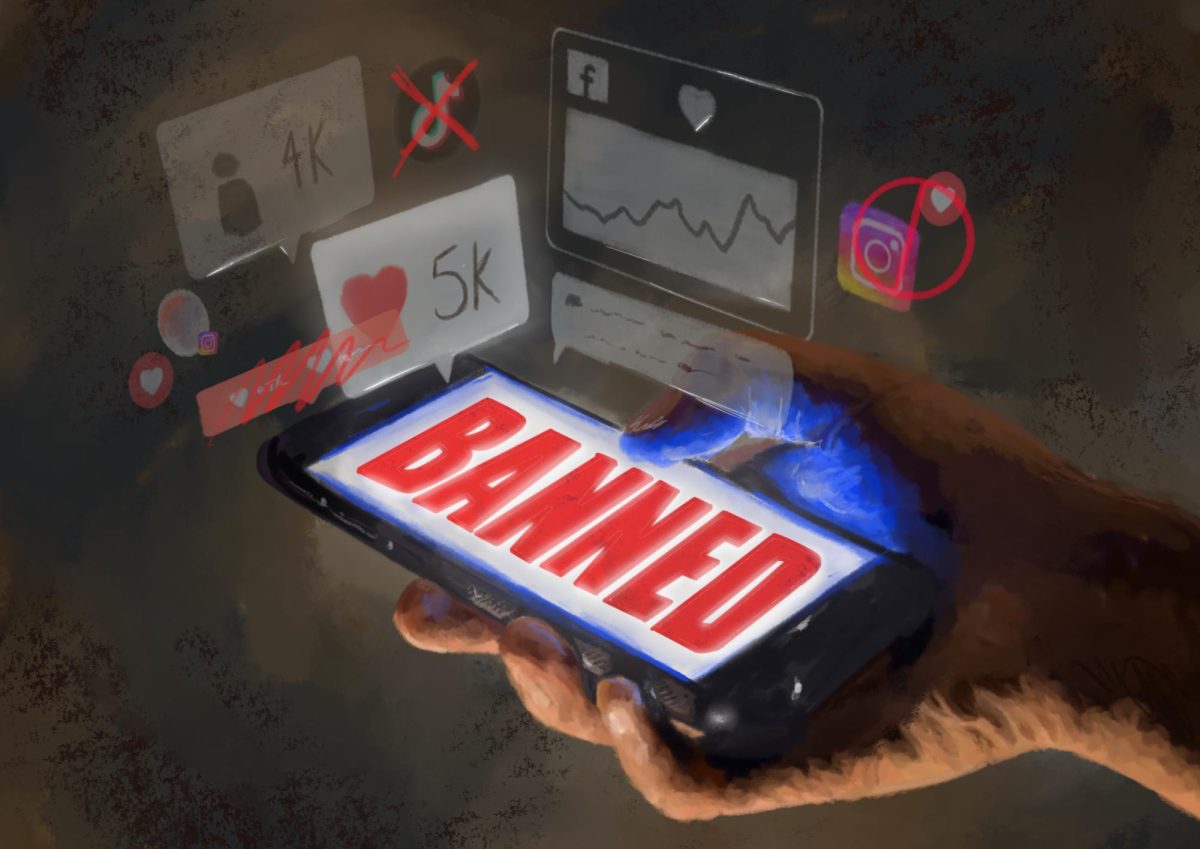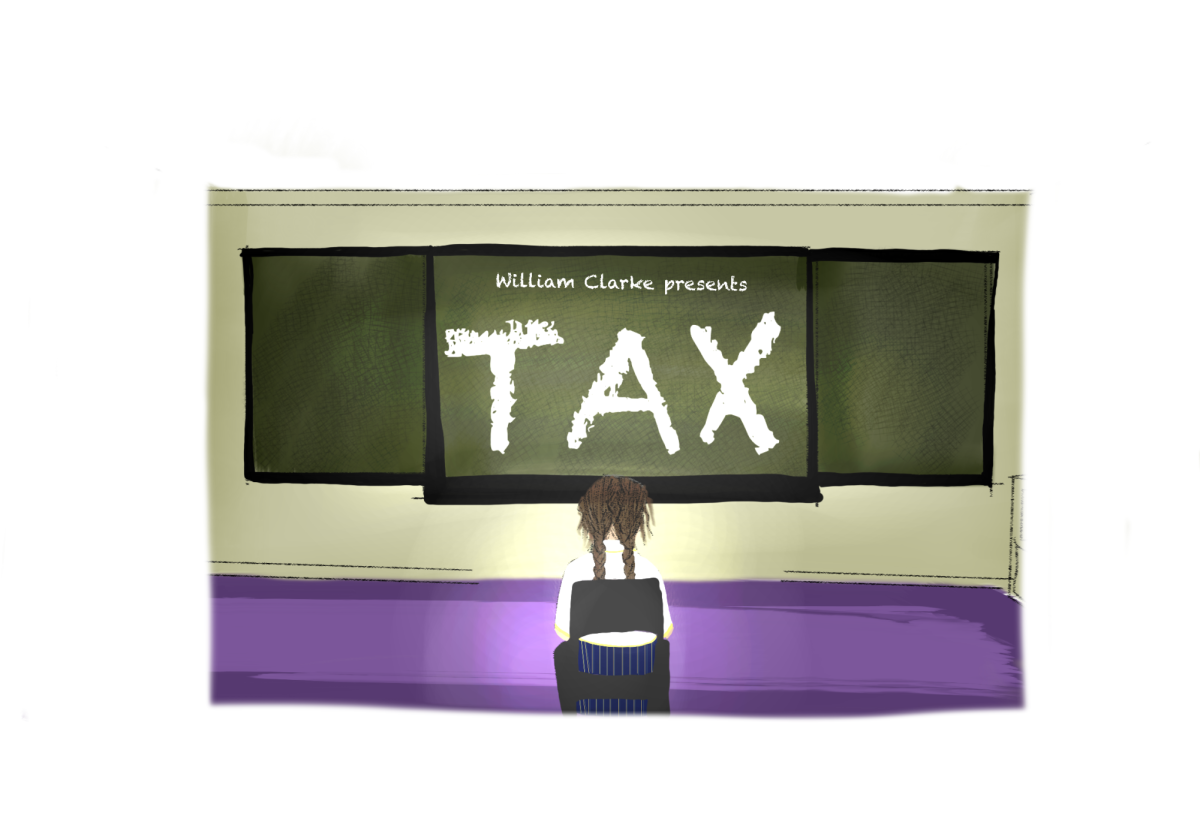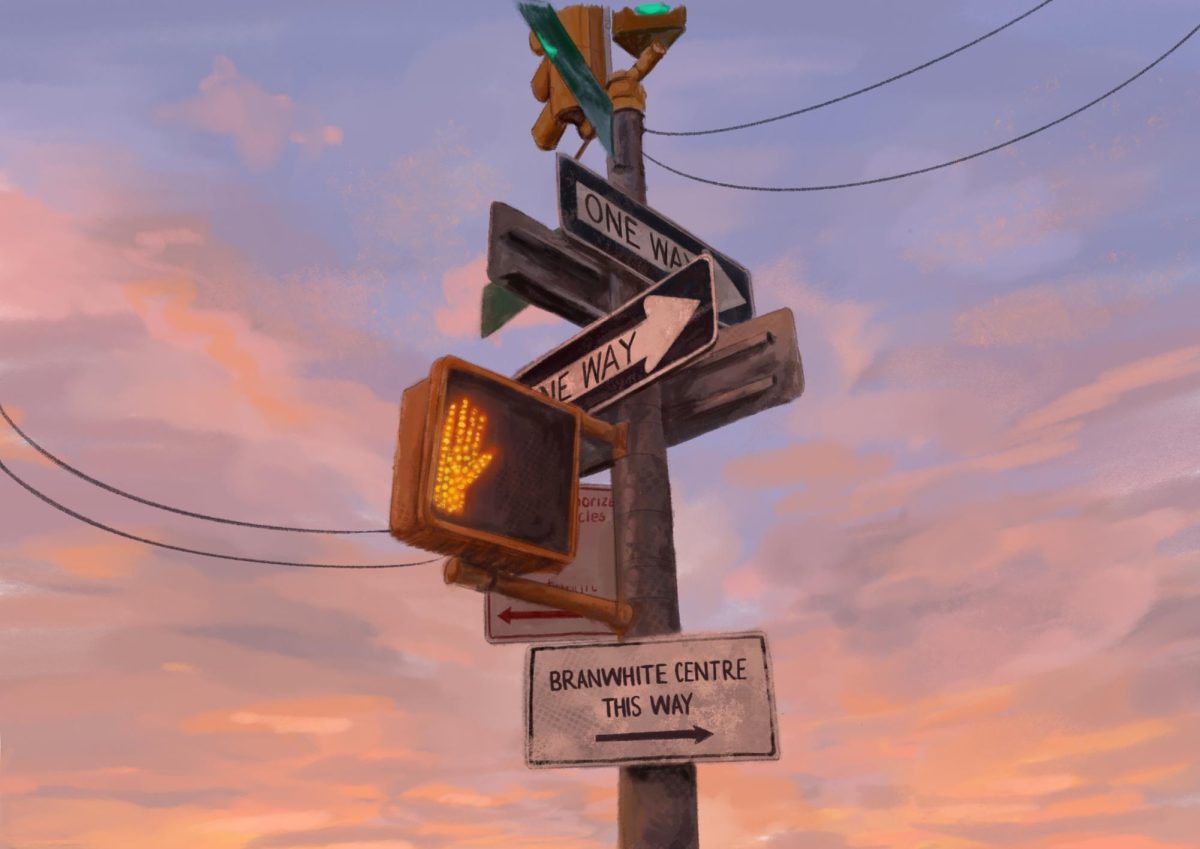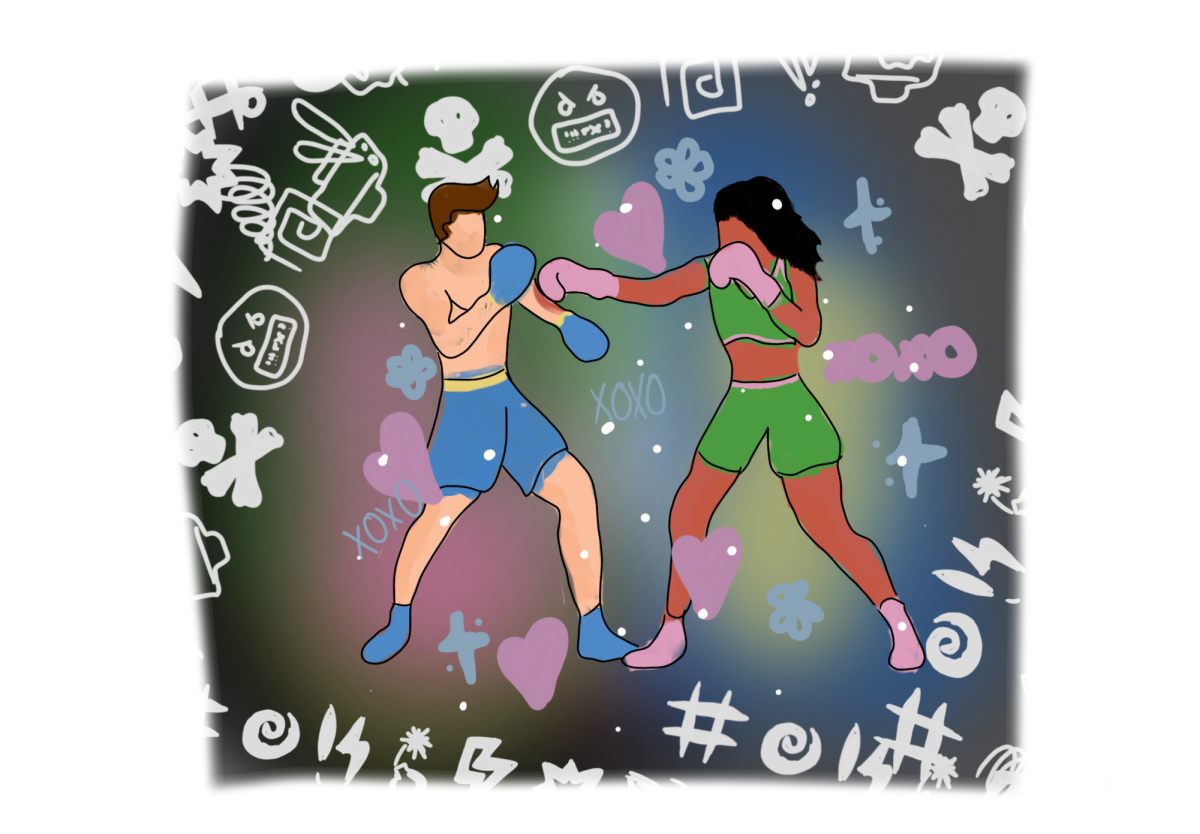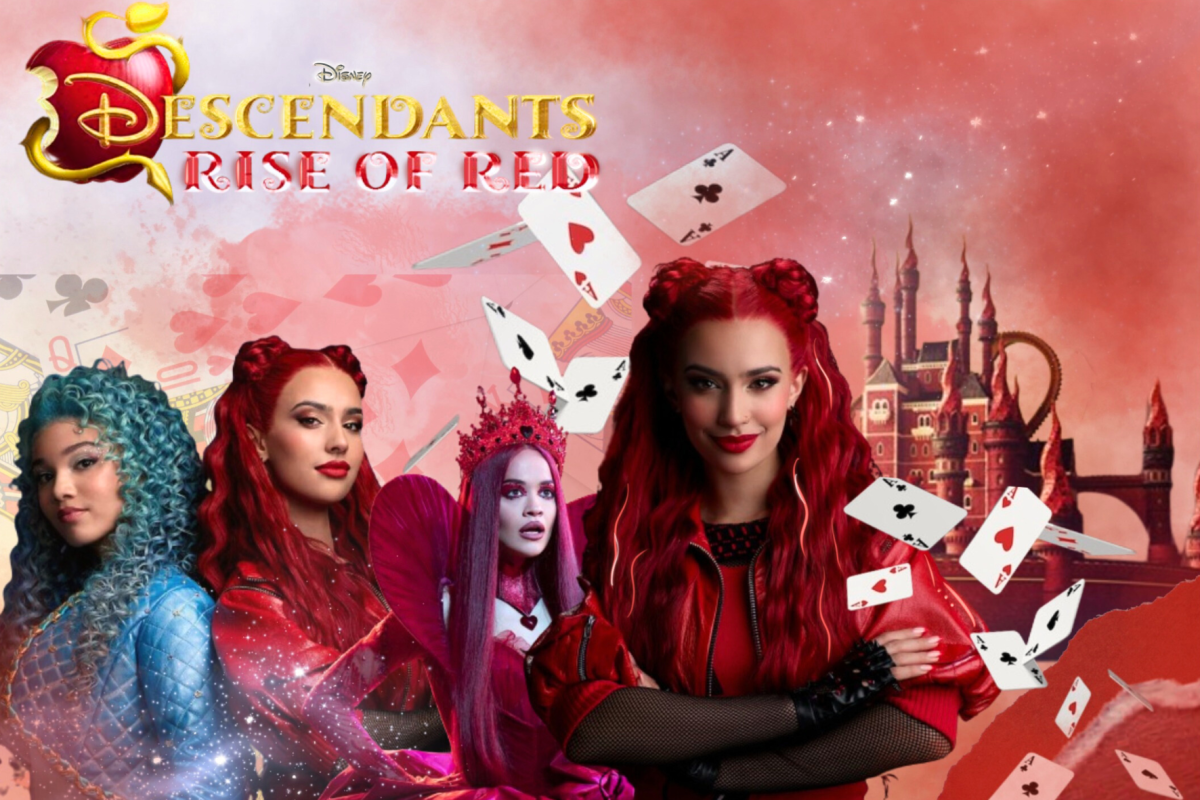Adoration or Abuse: The Romanisation of Toxic Relationships in the Media
As a kid, I remember sitting on the couch, eyes glued to the TV. The couples that graced my screen always seemed to be embroiled in heated arguments, tempers flaring and tears streaming. Yet, they were always drawn back to each other, no matter how fiery the conflict. I’d eye these couples with awe, convinced they embodied the epitome of a perfect relationship. It was until later on that I would realise the destructive nature of these dynamics, with their love stories being riddled with toxicity. However, the media still continues to romanticise unhealthy relationships, embracing the kind of love that burns both brightly and dangerously.
Toxic love is a flame. It scorches, blackening everything in its path. Still, the media so often romanticises its wrath, mistaking destruction for devotion. Pop culture weaves a worrying tale, convincing audiences that love is worth the burn, with suffering simply being the price of passion.
When the lines between abuse and romance remain perpetually blurred, how can consumers distinguish what a healthy relationship truly looks like? And why does the media continue to feed the flame of toxicity?
The romanticisation of toxic relationships continues to infiltrate pop culture, its influence being apparent within all aspects of media. If you are an avid movie or TV enjoyer like me, chances are you’ve noticed a distinct cycle appearing throughout the world of film.
Boy meets girl.
Boy is troubled and emotionally unavailable.
Girl ‘fixes’ boy with her love.
Happy ending.
Sound familiar?
Dubbed the “I can fix him” trope, it romanticises the idea that a woman’s love can change the troubled tendencies of her partner. Because, who needs therapy when you’ve got true love? We’ve all seen it, maybe even enjoyed the drama that accompanies such calamitous relationships. But here’s the thing: it’s an absolute travesty of a message and I am sick and tired of seeing it plastered across pop culture.
From movies to music, the harmful ideas reinforced by this cliche remain intertwined throughout the entertainment industry. Those in Hollywood constantly discard positive illustrations of romance in favour of cheap entertainment. Cause, who cares about the people harmed when it makes money, right? Take the incredibly influential Twilight movies, which feature an array of romantic relationships that viewers continue to swoon over. At the forefront of the franchise, stands Edward and Bella. Despite Edward possessing enough red flags to fill a football stadium, Bella continues to romanticise his struggles, believing that her love is enough to redeem him (Spoiler: it’s not!).
The message being sent to the public is overwhelmingly clear: If you love someone enough, you can change them, no matter how emotionally distant, controlling, or even dangerous they may be.
However, before we condemn these depictions entirely, it’s important to recognise the primary aim of the many films, songs, and tv shows that feature the ‘I can fix him’ trope:
Entertainment.
After all, passionate confessions of love in the rain and dramatic fights are not intended to be viewed as the pinnacle of realism. I mean, when was the last time you indulged in a trashy rom-com and took every over-the-top moment to heart? This cliche merely intends to keep viewers eyes glued to the screen, not provide life lessons. At the end of the day, it is the consumer’s responsibility to realise that pop culture’s portrayal of romance is not a blueprint to follow, but rather an enjoyable form of escapism.









